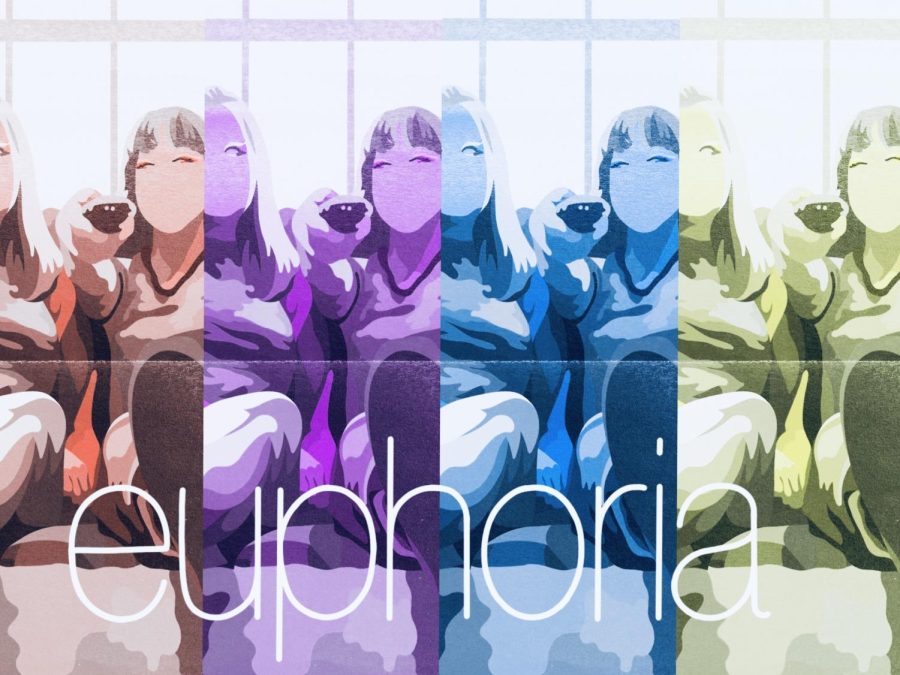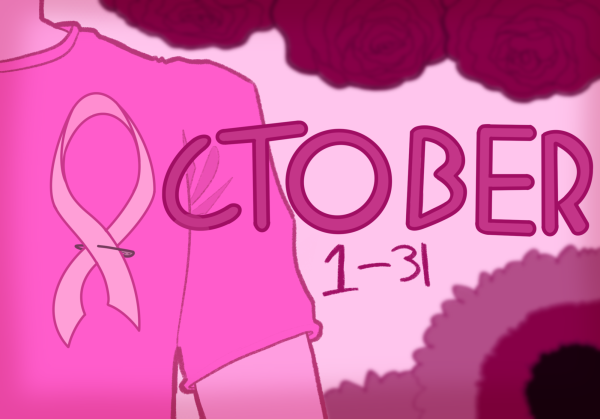Euphoria: Fantastic or Problematic?
Euphoria has become a cultural phenomenon, planting itself in television history amongst Generation Z and critics alike, but there’s some debate on whether its presentation of controversial topics is beneficial or harmful.
March 3, 2022
It’s hard to not be aware of the show, Euphoria, in 2022 as it dominates Tik Tok, Twitter and many social interactions among Generation Z. On the topic of the youth, it has been hailed as a defining show of this generation. It has also been praised in the mainstream media with critics praising actors Zendaya (Rue Bennet) and Hunter Schafer’s (Jules Vaughn) performances. Actress Zendaya won an Emmy in 2020 for her exceptional role.
While the show has received acclaim for its supposed honest portrayal of teenage life in the modern age, as well as its so-called positive LGBTQ+ representation, it has also received backlash from many teenagers and critics for not doing these controversial topics justice in the show. It’s important to take a look at how accurate this show really is, and label it as positive television or unrealistic and triggering.
A case to be made for Euphoria:
One key source of praise that differentiates Euphoria from other tv shows is the relationship between characters Rue and Jules. LGBTQ+ relationships are rarely at the center of high school dramas and many have enjoyed this complex relationship. Additionally, Schafer is a trans woman playing a trans woman, which has become of importance recently, because trans people often do not get to tell their own stories.
Another source is the show’s commentary about drug use, abuse and mental health, especially in teenagers. Key examples of this are Rue’s struggle with addiction in the midst of the opioid epidemic in the U.S., as she started her addiction by taking her dying father’s Oxycontin pills prescribed to him as pain killers. The show additionally tackles abuse through character Maddy Perez’s toxic relationship with football player Nate Jacobs. Generation Z relates as a traumatized generation in the wake of school shootings, impacts of social media and other traumatic events.
A case against Euphoria:
A lot of what people applaud Euphoria for, is also what it is critiqued for. A key instance of this in the show is Jules’ character. Many have seen underlying transphobia and transmisogyny written into her storylines, like her seeking adult men for relationships or being taken to conversion therapy. While these are per se uncommon for trans femmes, the way it’s handled has been criticized as it has been accused of glamorizing grooming within teenagers.
Many have been quick to call out the show as glamorizing drugs and exaggerating issues teenagers face to the point where it’s unrealistic. Examples of this are when the character Maddy Perez does MDMA (Molly) as it’s a common activity amongst youth, or when the character Kat Hernandez feels insecure with her weight, so she essentially ends up becoming a sex worker to feel empowered. The problem with Kat’s storyline is that she is a teenager and far too young to be making decisions like that, which could potentially ruin her life.
Although Euphoria is not without its important themes and messages, the way these messages are delivered lack authenticity and can exacerbate them amongst its target audience; the youth. With so many positive TV shows that target a younger audience, like Pose or Sex Education it’s important to take a nuanced look when approaching Euphoria.















